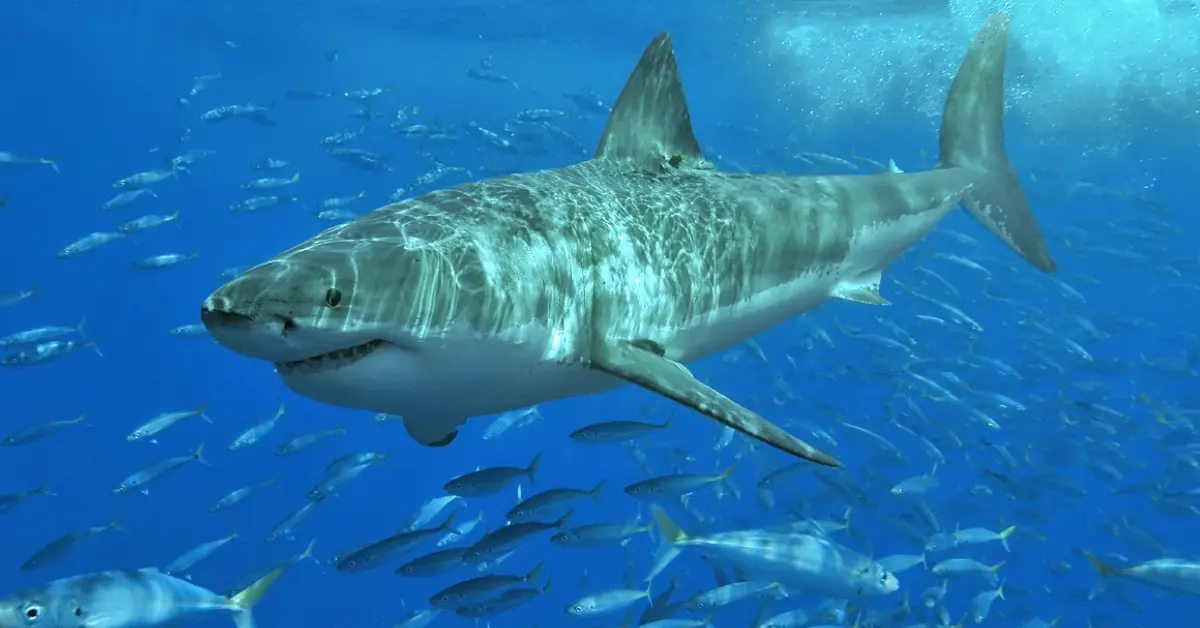The oceans have witnessed numerous cataclysmic events throughout Earth’s history, leading to mass extinctions that wiped out various marine species. Yet, amidst these tumultuous times, one group of ancient creatures has stood the test of time: sharks.
These enigmatic predators have survived multiple mass extinctions, defying the odds and remaining virtually unchanged for millions of years. Unraveling the mysteries of how sharks survived these catastrophic events provides us with invaluable insights into their remarkable resilience and adaptability.
The Ancient Origins of Sharks: A Journey Back in Time
Sharks, as a group of fish, have an ancient lineage that dates back over 400 million years, long before the appearance of dinosaurs. Their evolutionary journey began during the Late Silurian period, and since then, they have witnessed and endured multiple mass extinctions that profoundly impacted the planet’s biodiversity.
One of the most significant mass extinctions, the Permian-Triassic extinction event, occurred about 252 million years ago and nearly wiped out all life on Earth. Despite this devastating event, sharks managed to survive, proving their ability to withstand the harshest of conditions.
Surviving the Great Dying: A Test of Resilience
The Permian-Triassic extinction, also known as the “Great Dying,” marked the end of the Permian period and is considered the most severe mass extinction in Earth’s history. It is estimated that over 90% of marine species and 70% of terrestrial vertebrate species perished during this event. So how did sharks manage to endure this catastrophic event?
One of the key factors that contributed to their survival was their ecological flexibility. Unlike many other marine creatures that were highly specialized, sharks demonstrated a wide range of feeding habits and occupied various niches in the ecosystem.
Their ability to adapt to changing environments and food sources allowed them to persist when other species faltered. Additionally, their cartilaginous skeletons provided them with a physical advantage during times of reduced food availability, as they could go longer without nourishment compared to bony fish.
The Reign of the Dinosaurs and the Rise of Modern Sharks
As the Mesozoic era dawned, dinosaurs began their dominance on land, and marine reptiles ruled the oceans. However, sharks continued to thrive, coexisting with these new rulers of the Earth. During this time, the seas were teeming with a diverse array of shark species, some of which have become extinct, while others evolved into the sharks we recognize today.
The K-T Extinction and the Age of Giants
Approximately 66 million years ago, a colossal asteroid impact triggered the Cretaceous-Paleogene (K-T) extinction event, leading to the demise of the dinosaurs and many other species. Once again, sharks proved their resilience and survived this catastrophic event.
In the aftermath of the K-T extinction, the marine ecosystem underwent significant changes, leading to the rise of the “Age of Giants” in the oceans. Megalodon, one of the most infamous prehistoric sharks, emerged during this period and reigned as one of the largest predators to have ever lived.
Adapting to Changing Seas: Modern Challenges
While sharks have successfully navigated past mass extinctions, they are facing new and unprecedented challenges in the modern world. Human activities, such as overfishing, habitat destruction, and climate change, are posing severe threats to many shark species.
Despite their remarkable ability to endure past catastrophes, the ongoing human-induced pressures are pushing some shark populations to the brink of extinction.
Conclusion: Guardians of the Ancient Seas
Unraveling the mysteries of how sharks survived mass extinctions unveils their incredible resilience and adaptability.
These ancient predators have withstood the test of time, enduring unimaginable environmental changes and catastrophic events that led to the extinction of numerous other species.
Understanding the factors that contributed to their survival provides us with valuable lessons for conservation efforts aimed at preserving these majestic creatures for future generations.
As we navigate the challenges of the modern world, it is our responsibility to protect and conserve these guardians of the ancient seas, ensuring that they continue to thrive for millions of years to come.











